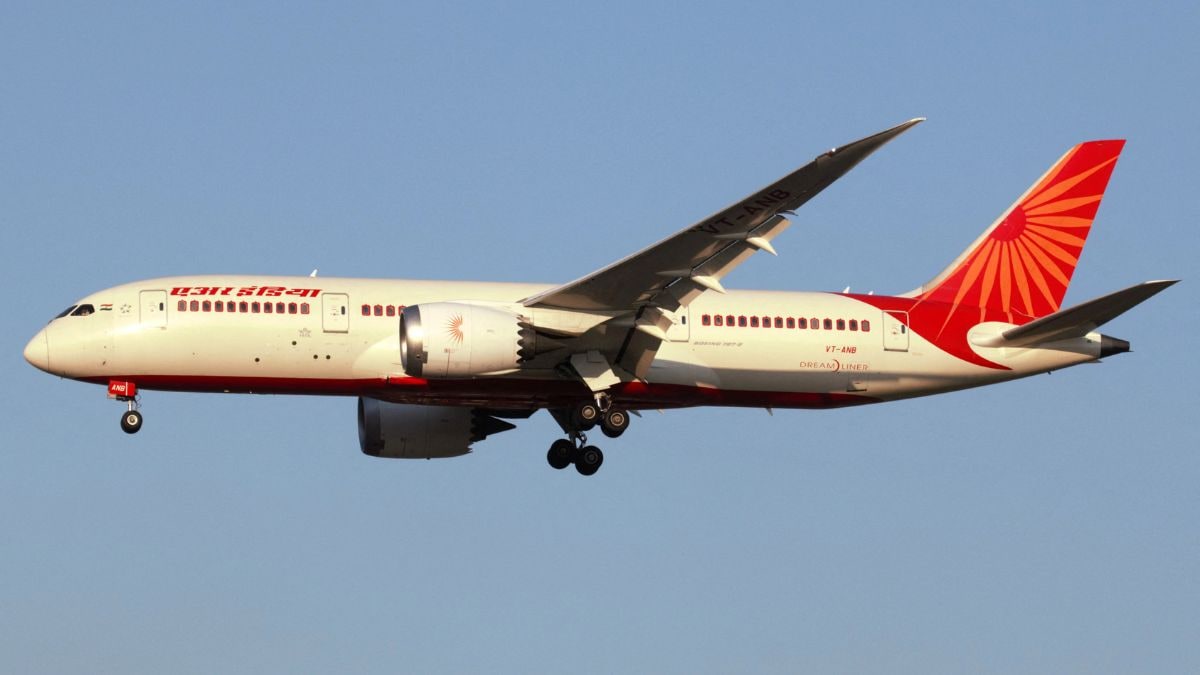

Weeks before the fatal Air India Boeing 787-8 crash in Ahmedabad on June 12, which killed 270 people, the UK Civil Aviation Authority (CAA) had issued a safety notice regarding potential issues with fuel control switches on several Boeing aircraft. The UK regulator's warning has raised concerns about aircraft safety compliance and regulatory oversight.
On May 15, 2025, the CAA directed operators of five Boeing models, including the 787 Dreamliner, to review a U.S. Federal Aviation Administration (FAA) Airworthiness Directive (AD) related to fuel shutoff valve actuator components. The AD addressed a potential unsafe condition affecting fuel shutoff valves installed on Boeing 737, 757, 767, 777, and 787 aircraft. The CAA's notice instructed operators to determine whether the FAA directive affected their fleet. Furthermore, the safety notice specifically ordered that daily checks of the fuel shutoff valves be carried out on impacted aircraft.
The Aircraft Accident Investigation Bureau (AAIB) of India's preliminary report on the Air India crash revealed that the aircraft's fuel control switches, which regulate fuel flow to each engine, unexpectedly moved to the "CUTOFF" position shortly after liftoff, causing both engines to shut down. The AAIB's report also noted confusion in the cockpit, with one pilot asking the other why he cut off the fuel supply, to which the other responded that he did not.
In response to the AAIB findings, India's aviation regulator DGCA has ordered all airlines operating Boeing 737 and 787 aircraft to inspect the locking mechanism of the fuel cut-off switches.
According to reports, the Throttle Control Module (TCM), which houses the fuel control switches, on the crashed Dreamliner had been replaced in 2019 and 2023, in line with Boeing's standard maintenance schedule. However, the AAIB report highlighted that Air India did not inspect the locking mechanism of the fuel cutoff switches, despite a 2018 FAA advisory recommending such checks. Air India defended its decision by stating that the advisory was non-mandatory, and therefore the airline chose not to carry out the inspections.
While the FAA issued a notification on July 11 stating that the fuel control switch design does not pose any safety risks, and Boeing echoed that view in guidance to global airlines, the UK CAA's directive in May mandated urgent operator-level action, with checks required and compliance to be documented.
Air India CEO Campbell Wilson stated that all mandatory maintenance checks were completed and that the preliminary report found no mechanical or maintenance issues. He added that there was no problem with the quality of fuel and no abnormality during the take-off roll, and the pilots had passed their mandatory pre-flight breathalyser tests.